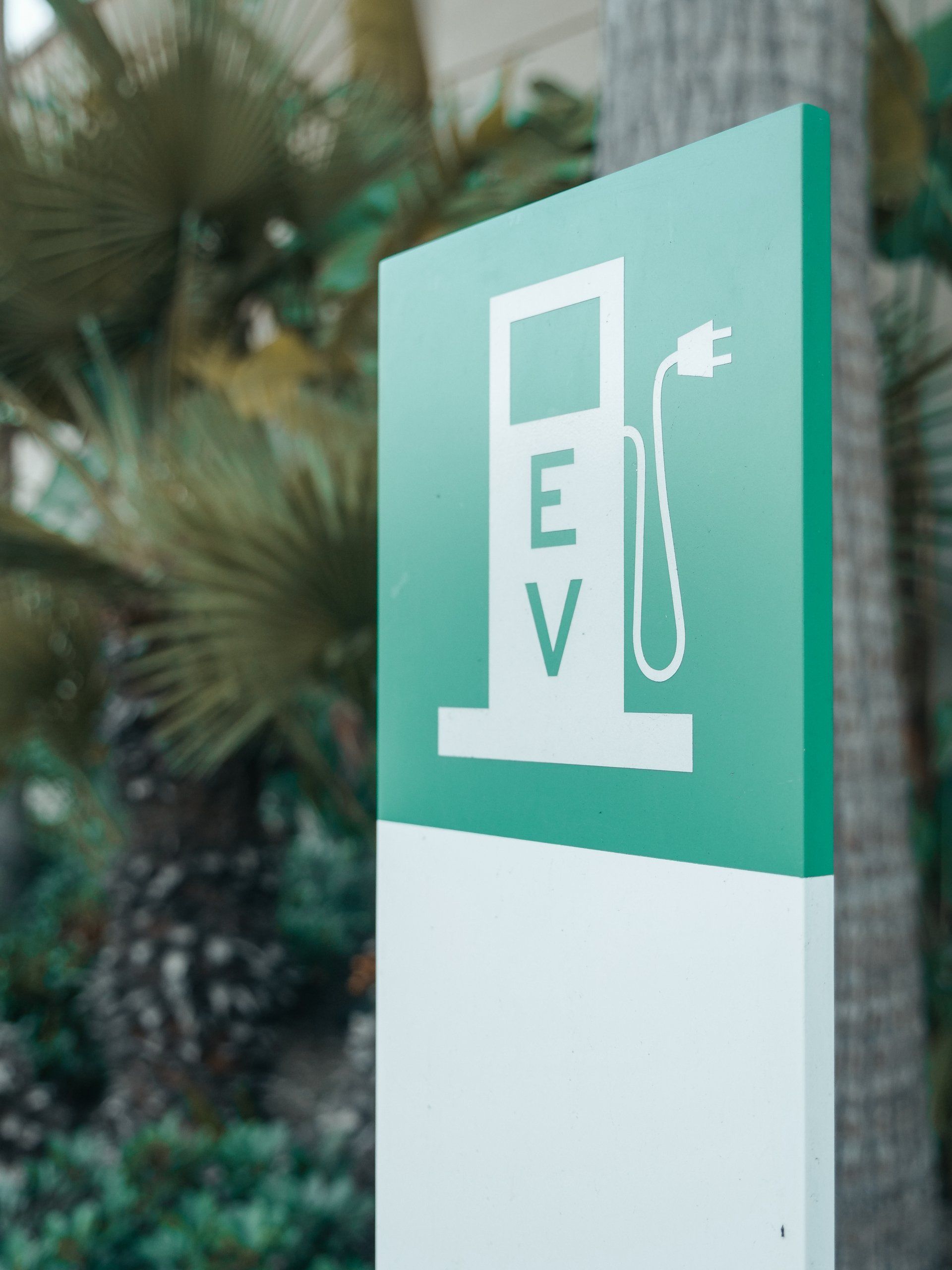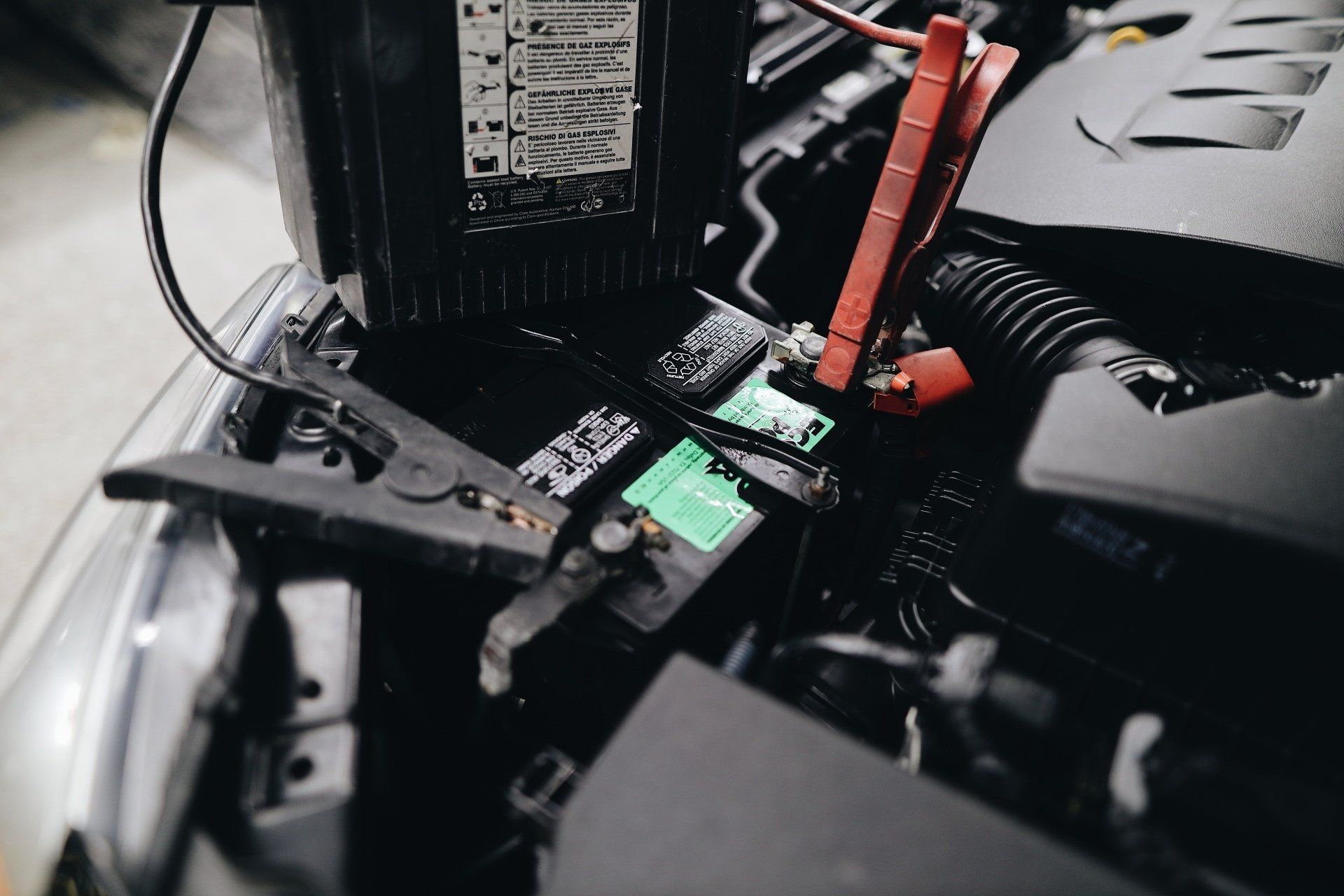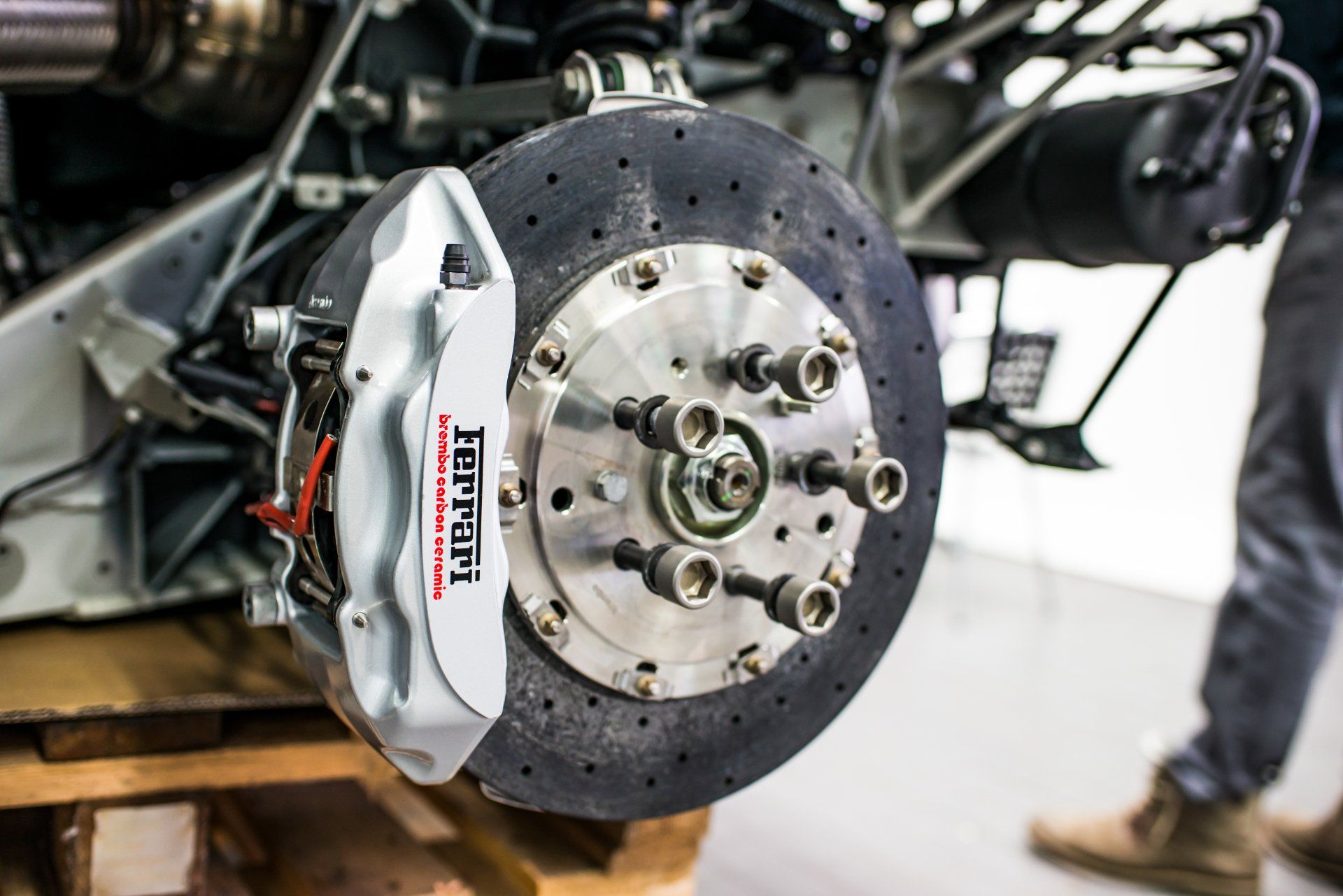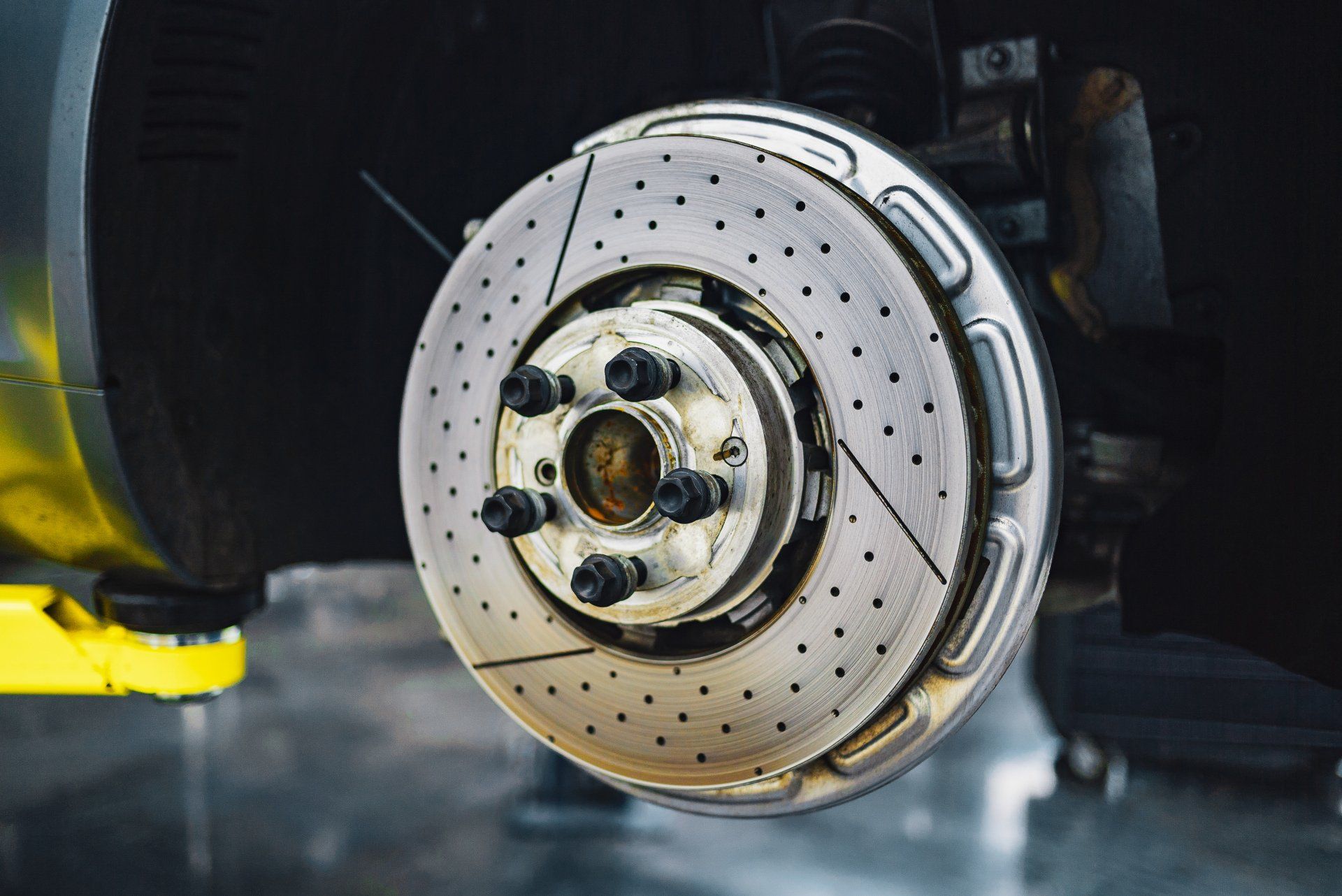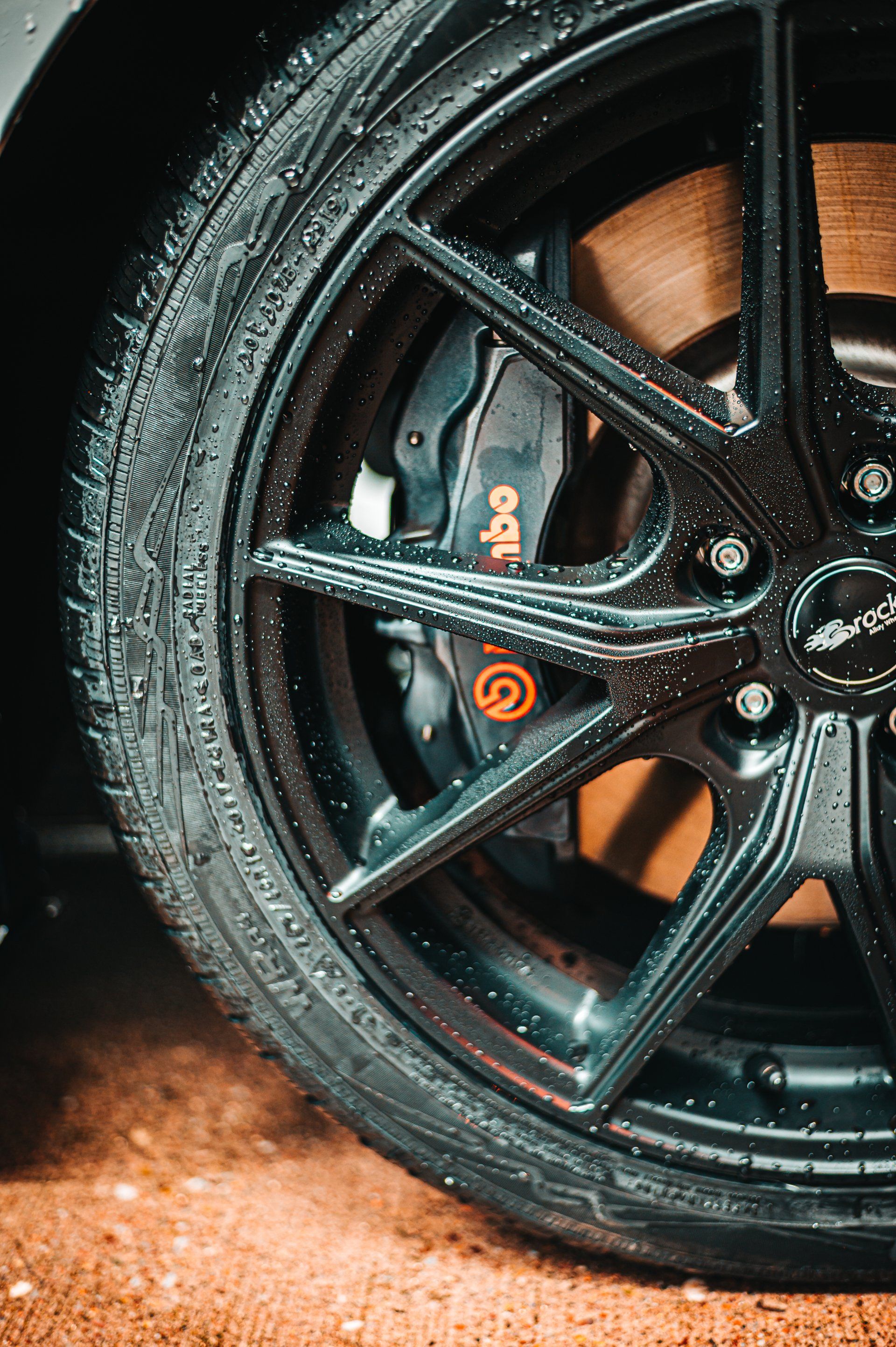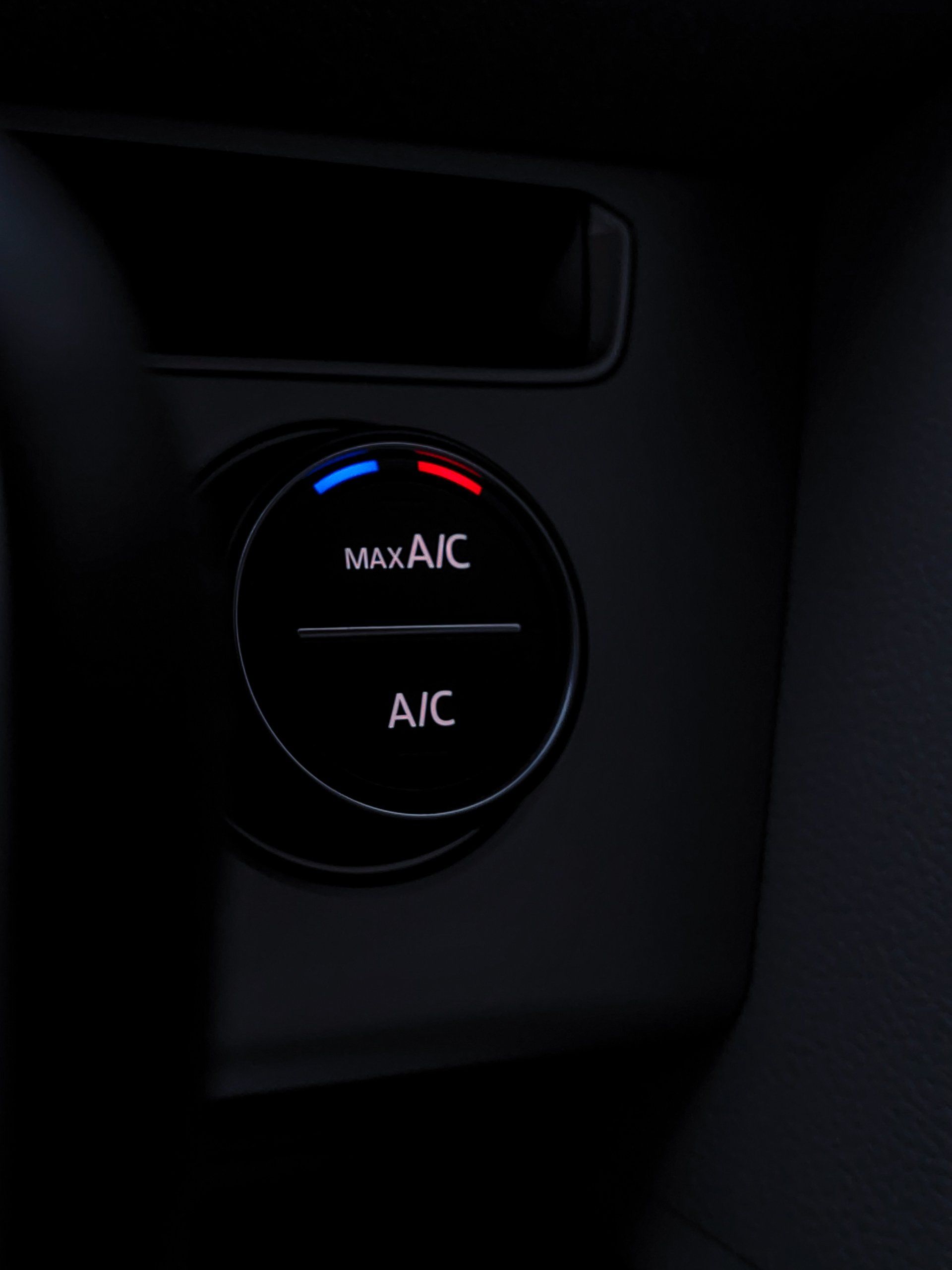HELP! WHY WON'T MY CAR START?
HELP! WHY WON'T MY CAR START?
While cars of today are an engineering marvel, their complexity can lead to numerous potential issues. Any time it is possible that something might go wrong. However, what happens if your car won't start? It's probably one of the most difficult issues you'll come across. It's also an extremely difficult one to identify. There are many reasons why a car doesn't start that are directly related to the engine. The sounds of clicking are not uncommon here and car starter issues could be caused by a range of factors. But, prices for car starters aren't always low therefore it's advisable to find out if additional issues before requesting a repairman take over the replacement of the starter.
CAR BATTERY VS. STARTER PROBLEMS
It is important to know the difference between when the battery in your car is failing or if it's your starter that's stopping your car from starting. The problem with the starter in your car isn't always the cause why the car won't start. Sometimes it's simply the battery in the car. Batteries for cars are an important element in starting your vehicle. The battery is made to supply 12.6 voltages and up to 13.8 Volts in the event that it is in good condition. It is rechargeable after it is used to begin the engine, the entire power control switches into the alternator. The alternator keeps the power generator running and charges the battery. If your battery isn't functioning, you'll notice it immediately. The car will not start even once and may not even turn or make any sound. The starter and battery aren't the same, however. There is a possibility that you may have an alternator problem if the battery isn't working.
HOW TO DIAGNOSE CAR STARTER PROBLEMS
If you're experiencing Honda starter issues, Toyota starter problems, or any other issues with any model or make of car, it is possible to identify the issue and aid in saving cash.
ENGINE CRANKING PROBLEMS
There are a variety of issues that could hinder proper engine cranking. It is important to remember that failing to "crank" and a failure to "start" are two different issues. The problem with your cranking is related to the ability of your starter to turn correctly. Here are some typical issues related to cranking the engine:
1. A bad solenoid
Every engine starter comes with an electronic device known as a solenoid. This device uses electromagnetic power to help complete the circuit that is otherwise closed and provides the starter motor with its needed power. If the solenoid is not able to perform as it should, it can hinder power from reaching the motor.
Solution: To resolve this issue, it may be necessary to replace the solenoid.
2. Blown fuse
Fuses are used to regulate power in your vehicle. If the fuses in your car are damaged and your starter is not functioning properly, you may not be receiving power properly and you could have trouble getting your car started.
Repair: Check the fuse in the fuse box of your engine. Fuses that are blowing will have burn marks clearly signaling an issue. Replace the fuse.
3. Bad battery
As we have mentioned, the battery that is dead or one that has a very low level of charge will not provide electricity for the engine. In this situation, cranking is not possible because the starter won't be able to turn at a speed that will allow the right amount of compression within the engine.
Repair: Examine the battery connectors. Remove any oxidation, residue, or acid that has accumulated on the connectors for batteries. Remove any damaged or frayed wires. The battery should be charged. If the battery's voltage remains low, replace the battery.



